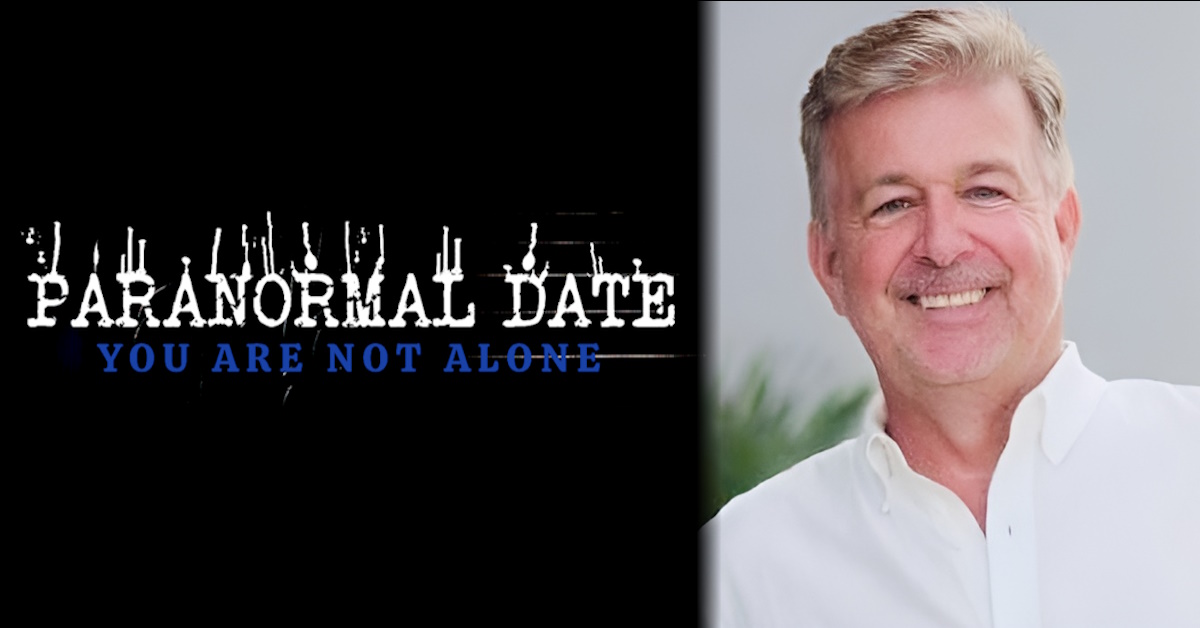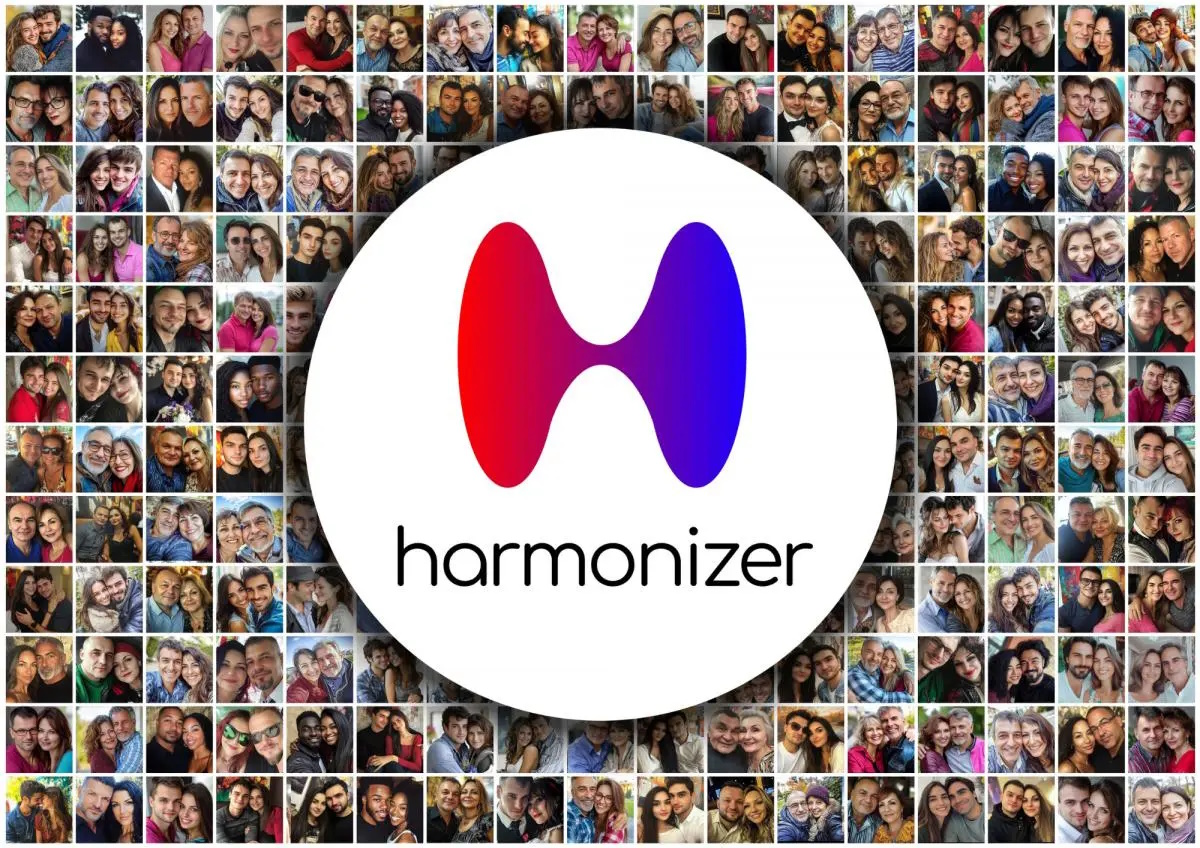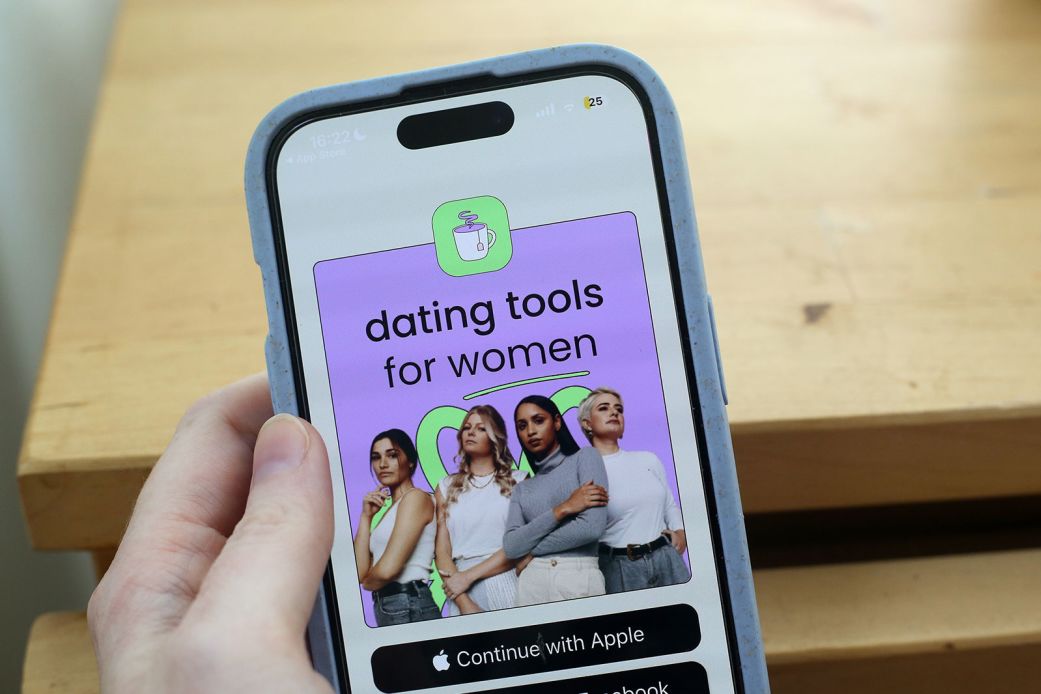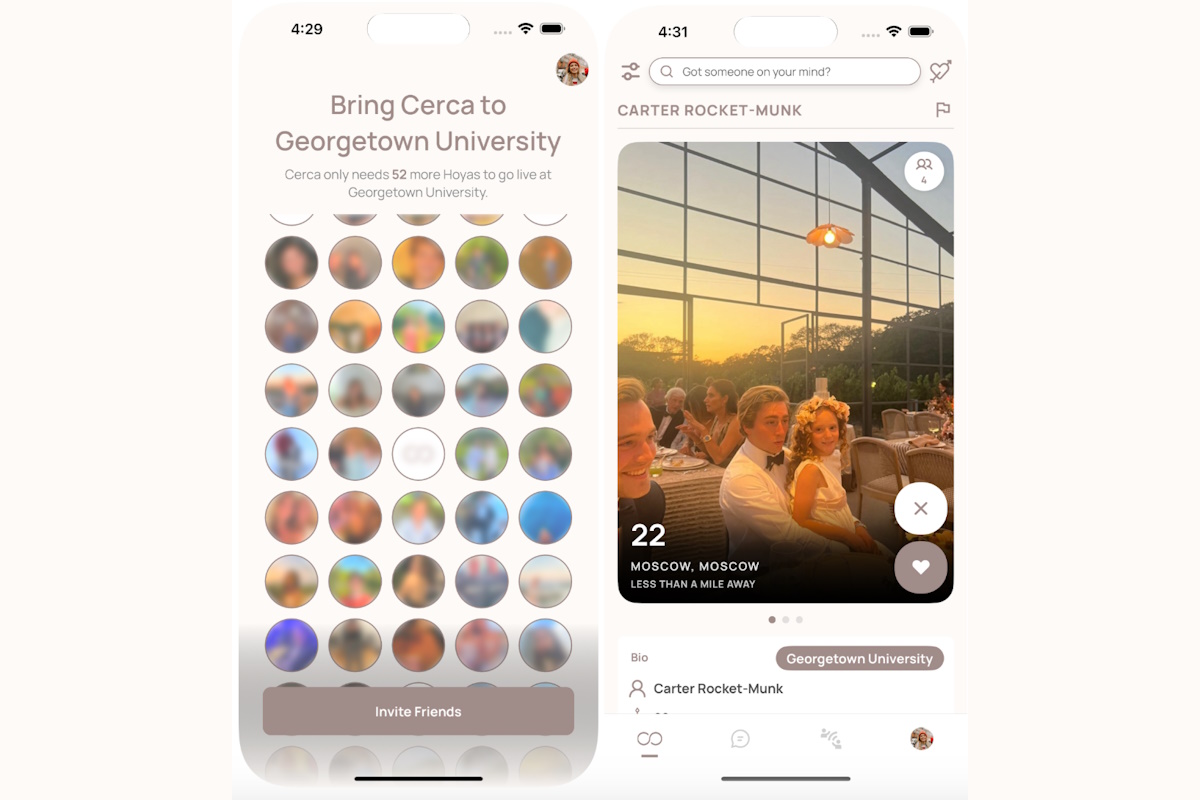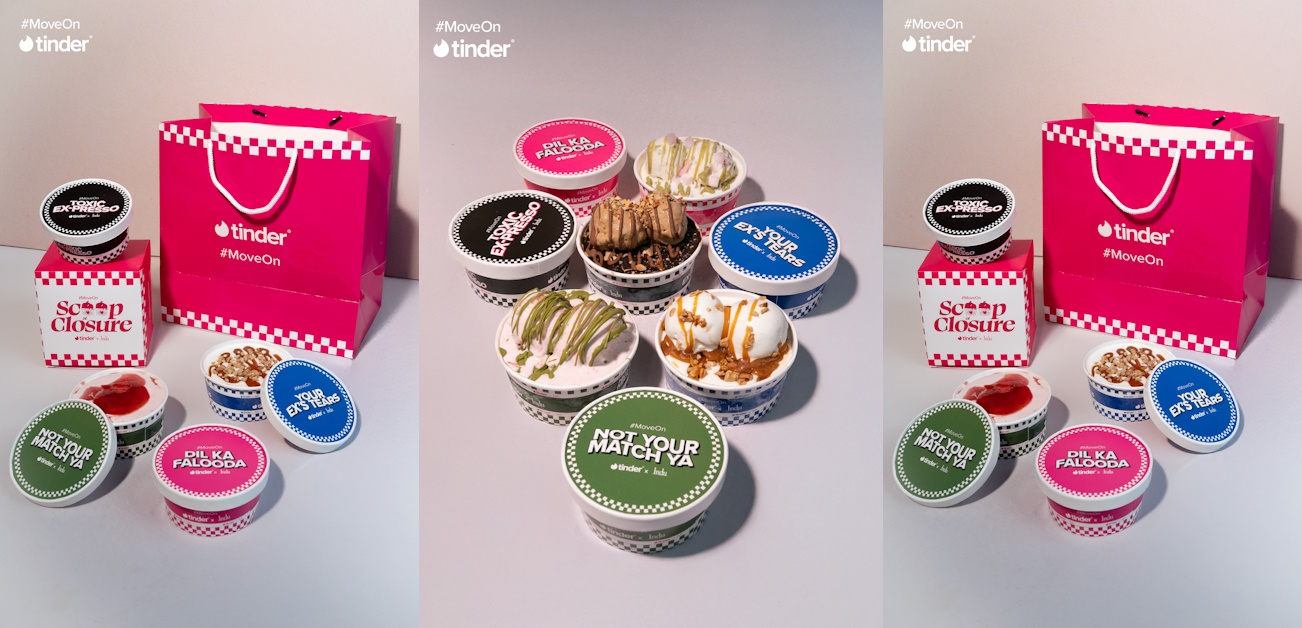Starting July 25, 2025, the UK’s Online Safety Act - requiring robust age checks for adult content platforms - now impacts dating apps as well as traditional adult sites. Ofcom’s guidance clarifies that any platform where minors could pose a risk, including dating apps, must implement secure age-assurance measures appropriate to service offerings.
In response, apps like Feeld, Tinder, Bumble, Hinge and even Grindr are rolling out age-verification systems in the UK. Feeld users will encounter a prompt introducing the new process, which relies on its third-party age-check provider, Yoti. Users may be asked to submit a phone number or use a selfie-based estimation; importantly, no image or birthdate data will be stored beyond compliance purposes.
Tinder’s approach uses face-recognition technology in the UK. Users must upload a clear portrait, which the app processes automatically. Accounts failing age confirmation may face temporary restrictions or a request for verified ID. Similar measures are being implemented by Bumble and Hinge, capitalising on their existing verification systems. Hinge will require a clear face photo for scanning and retain that data for identity confirmation for up to one year, with the verification image kept for three months.
Grindr is also complying, introducing biometric ID checks for UK users. New and traveling users will need to match a selfie video to official photo ID, with options including a passport, driver’s licence, or UK PASS card.
These updates align with Ofcom’s mandate to protect minors and ensure safer user experiences. As the UK steps into this next phase of online regulation, dating platforms are adapting swiftly — though questions remain around privacy, data storage, and the global rollout of such age-verification frameworks. It’s also entirely possible that some platforms, unwilling or unable ot build verification systems, may simply cut off their UK audience to focus on other countries.












